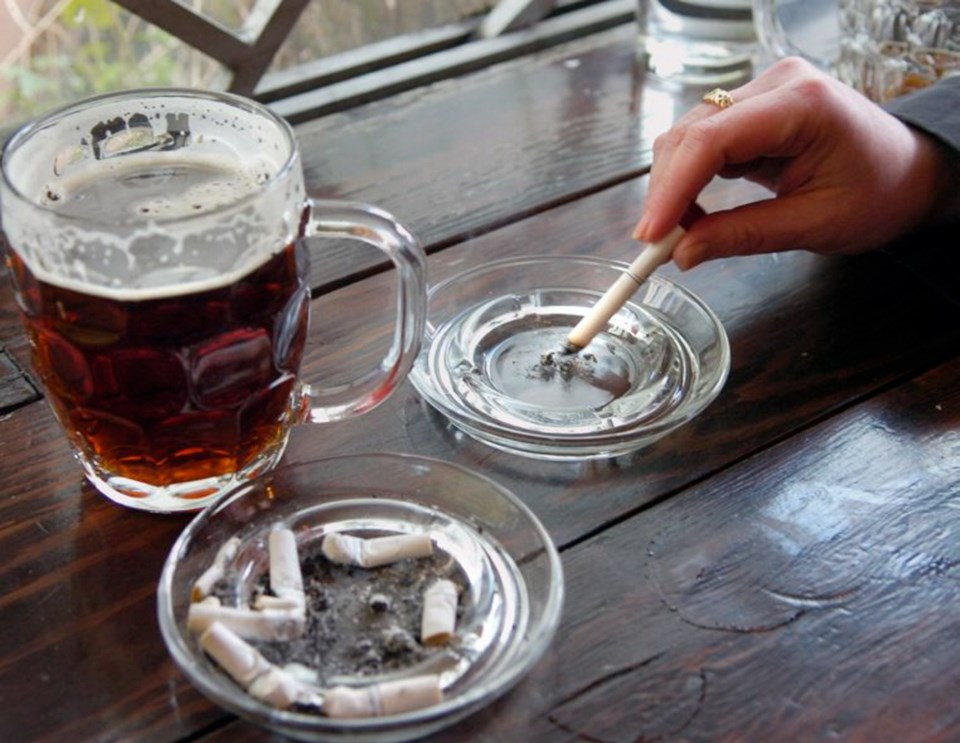Dear Tony: What happens if you are a smoker who lives in a strata building and the building adopts a bylaw that prohibits smoking in all areas of the building — your strata lot included.
My mother lives in her condo in Coquitlam and the strata council has been talking to the owners about changing their bylaws, which will include an age restriction of 55 and over and a bylaw that prohibits smoking. The penalties they are proposing are steep — $200 per offence.
My mother bought her unit in 1978, and at the time many people living there were smokers and no one was concerned about the lifestyle of their neighbours.
I understand if there are ventilation problems and complaints about the smoke, but there have been none in the building at all, so why would the strata corporation consider a bylaw to solve a problem that doesn’t seem to exist?
Gerard D.
Dear Gerard: Strata corporations are permitted under the Strata Property Act in British Columbia to adopt bylaws that apply to the use and enjoyment of strata lots, common property and common assets of the strata corporation.
Several types of bylaws restricting use of the strata are specifically permitted or identified by the act, and those include bylaws that limit the number of rentals, the age of occupants or a restriction on pets permitted in the strata.
While smoking within a strata lot is not specifically identified, there is a provision under standard bylaw No. 3 that permits a strata corporation to enforce the bylaws if there is a complaint about nuisance and the strata council eventually determines that there is a credible finding for the complaint.
A bylaw that relates to smoking within a strata lot will have the same effect. If a person is smoking within their strata lot, and the smoke is not migrating to another strata lot or to the common property where it could be perceived as a nuisance by other residents, the strata corporation will not have a complaint or evidence of any alleged violation of the bylaws.
A strata corporation may consider a bylaw that strictly prohibits smoking within the strata property; however, the members will have to consider whether there are conditions that require a sensitive approach and seek advice on the potential accommodation due to a health issue — for example, prescribed medical marijuana — or an addiction such as smoking.
The type of building construction and location of the smokers will also have a significant impact on the issue of second-hand smoke. Older combustible-wood construction buildings that do not have interior ventilation or pressurization may be subject to more complaints as there is a higher chance of the transfer of smoke between strata lots.
Likewise, there is an increase in complaints about smoking during the summer because that’s when smokers like to sit on their balconies and smoke while at the same time, neighbours will be leaving doors and windows open to cool their non-air-conditioned suites.
This is also the time that we experience a much higher number of complaints related to the use of barbecues, which also contribute to smoke damage and health risks within strata lots.
For more information on smoke-free housing in B.C., go to smokefreehousingbc.ca/smokefreehousingmonth.html.
Tony Gioventu is executive director of the Condominium Home Owners’ Association. Send questions to him by email or write c/o At Home, Times Colonist, 2621 Douglas St., Victoria, B.C. V8W 2N4. The association’s website is www.choa.bc.ca.
